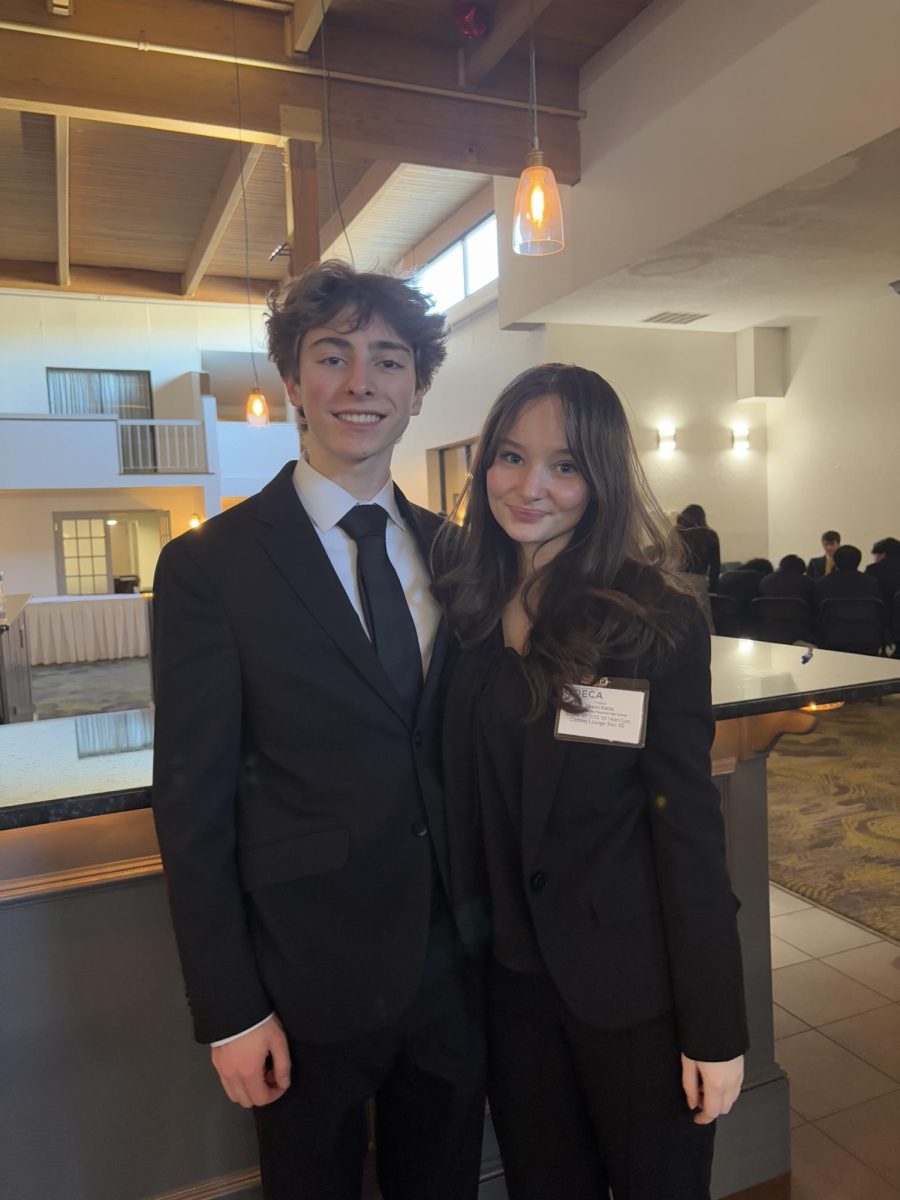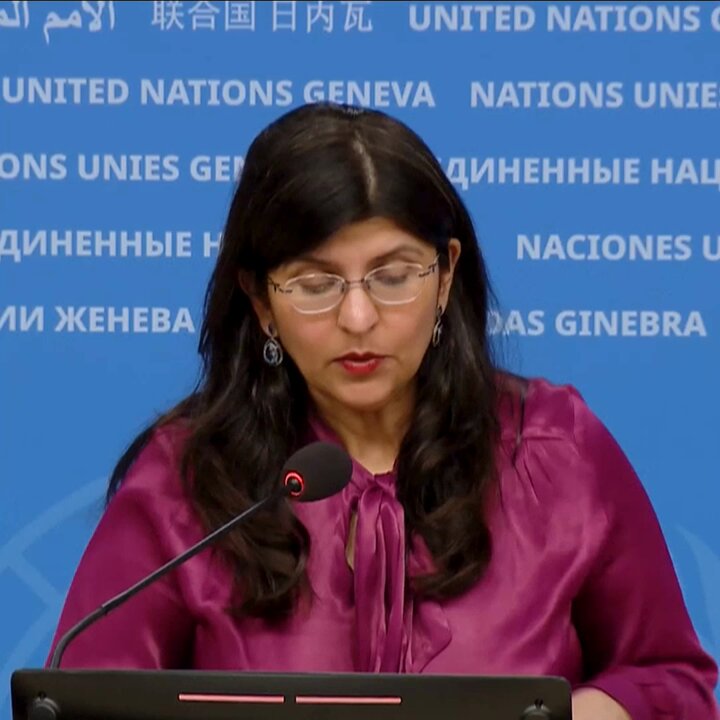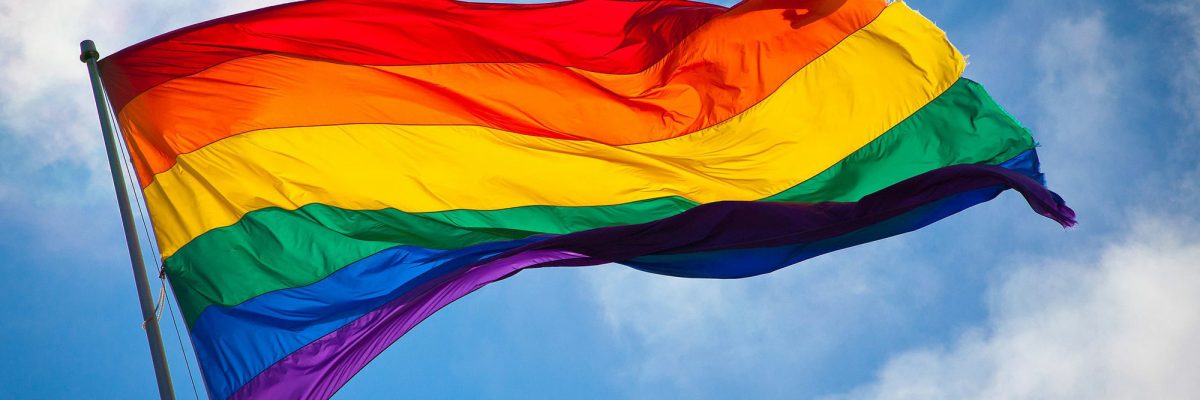In 2024, I am sure that nearly all of us can relate to turning on the news and being simply horrified by the images on our television screens and the tragic details of what is occurring across the world that we consume. News articles detail atrocities in such excruciating detail that one almost feels as if they are reading from a dystopian novel and not from official news sources, but sadly, the reports we read are very much based in reality. This weekend’s news reports were no different. Late at night on Friday, May 10th, I sat in my bed with the feeling of my heart in my throat and a pit in my stomach as I read a CNN report on what Israeli whistleblowers who worked in a detention center in Israel had to say about the treatment of Palestinian men in the facility.
The treatment of Palestinian men in these facilities was (and likely still is) nothing short of barbaric. I will do my best to touch on some of the key details of the whistleblowers’ accounts, but I strongly encourage anyone with around 15 free minutes of spare time to read the article in full and see the photographic evidence that was provided, linked here. In short, however, Palestinian men, many of whom were found to have no connection to the terrorist group Hamas, were stripped of their human dignity in these detention centers. Men were beaten by guards and kept blindfolded, handcuffed, and silent for hours, sometimes days or weeks, on end. The whistleblowers claimed that men who had been kept in handcuffs for such long periods of time sometimes had to have limbs amputated and these procedures were often done by underqualified medics and without anesthesia. Within the facility was a field hospital where Palestinian men were bound to beds, blindfolded, fed through straws, stripped of their clothing, and wearing nothing aside from diapers.
Reading these details from firsthand accounts of people who were working in this facility made me feel ill. It is important to note that when reading that article, the death toll in Gaza had already surpassed 35,000 and over a million Palestinian citizens had been displaced from their homes, suffering from terrible injuries and facing famine. I read this report, reflected on what I already knew about this conflict, and asked myself how the world could have come to be this way. How are human beings capable of committing such atrocious acts? Why is it so controversial to be against this behavior? Why is it that so very few of us discuss what is happening or how our own country has responded to this situation? What can be done to increase awareness and bring about real change?
To answer these questions in one article would be impossible. Some of these questions have no definitive answers and others would require so much discussion of complex histories and philosophical ideas that it would take a team of distinguished scholars to address them all. I am not prepared to answer these questions. Instead, I write this article with the intention of hopefully encouraging others who may not have asked these questions to themselves yet to do so. It is my hope that from this article at least one person who may not be informed about the conflict in Gaza–that some refer to as war and some as genocide–will decide to do research, have tough conversations, and come to their own conclusions about what is occurring both in our country and abroad.



















